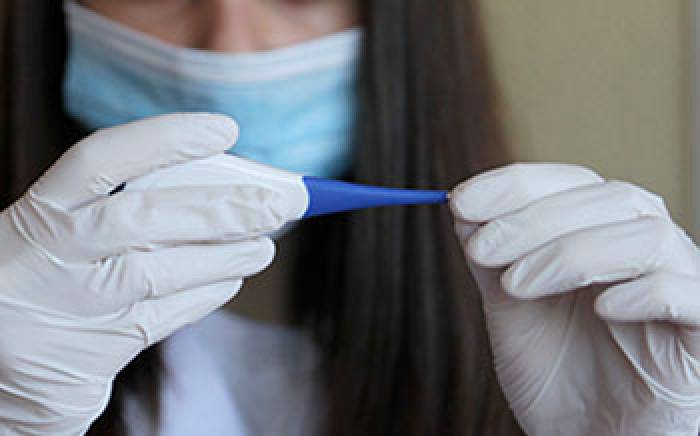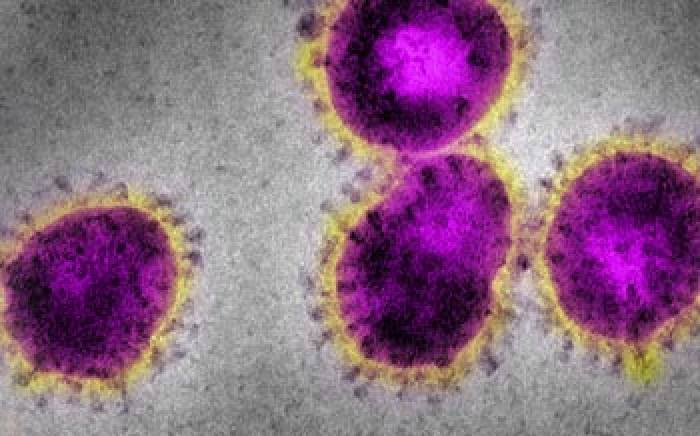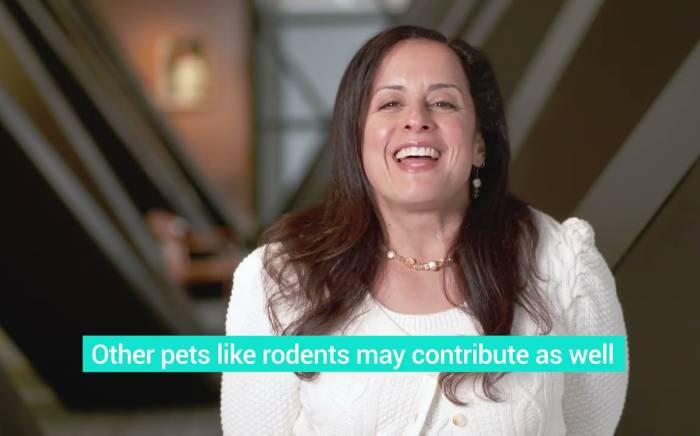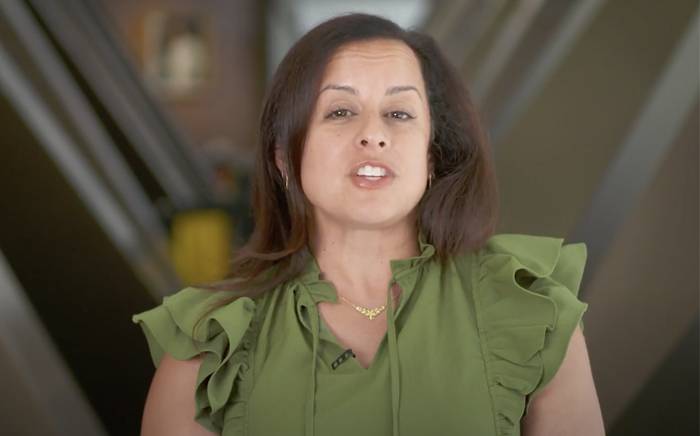During normal respiration, air travels through the nose, down the trachea, and into smaller and smaller airways called bronchi. The bronchi divide into bronchioles and finally into tiny grape-like clusters of thin, fragile sacs called alveoli. In the alveoli, oxygen is exchanged for carbon dioxide in the blood.
Pneumonia is a serious infection or inflammation of your lungs. The alveoli fill with pus and other liquid blocking oxygen from reaching your blood. If there is too little oxygen in your blood, your body’s cells can't work properly.
Pneumonia affects your lungs in two ways. Lobar pneumonia affects a section (a lobe) of a lung. Bronchial pneumonia (or bronchopneumonia) affects patches throughout both lungs. Pneumonia is not a single disease. It can have over 30 different causes. There are five main causes of pneumonia: 1) Bacteria, 2) Viruses, 3) Mycoplasmas, 4) Other infectious agents, such as fungi - including pneumocystis, 5) Various chemicals.
If you have symptoms of pneumonia call your doctor immediately. Even with the many effective antibiotics, early diagnosis and treatment are important.









